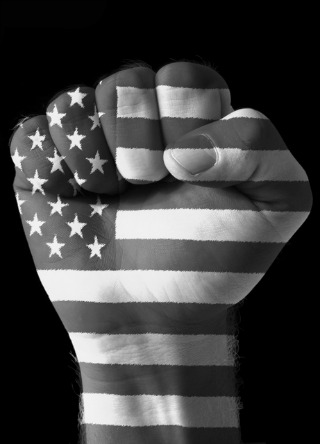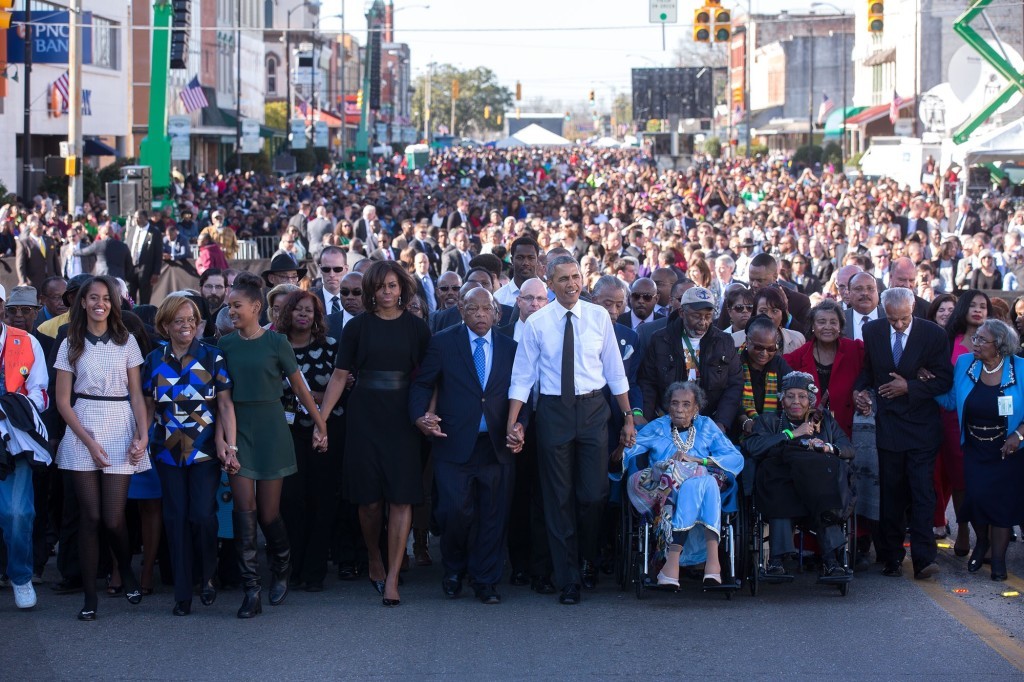It is now an offense against society to be young, gifted and Black as illustrated by the treatment of Mo’ne Davis, Dez Wells and Martese Johnson.

As March, Black History Month II—Women Focus, comes to an end, and with it, all the special speeches, learned lectures, plays, poems and various other programs and performances to celebrate and honor Black women…
Banging your head against the wall when voter turnout is too low?
Banging your head against the wall when voter turnout is too low?

I needed that Motown spirit again to bolster me in this month of the missing American Spring of 2014. I am still barely singing along to their hit “My Girl:”
A TRIAD OF IDENTITY ISSUES: The Enduring Cry for Freedom and Justice By Patrick Robinson, Justice at the International Court of Justice, Hague, The Netherlands. I speak today…
Keynote Speech Delivered at the United Nations on the Occasion of the International Day for the Elimination of Racial Discrimination Theme “Learning from Historical Tragedies to Combat Racial Discrimination Today”…

Whatever we think, say or assume about the racist rant and chant of the young White men of the SAE fraternity and their female companions at the University of Oklahoma…
i/WE feel very blessed to offer, for review and consideration, this “Contribution and Black-Print to the (Proposed) Ten Point Program: Calling for Reparations for Africa’s Ascendants…
KINGSTON, Jamaica– United States President Barack Obama is to visit Jamaica on April 9 for talks with Caribbean Community (CARICOM) leaders, Prime Minister Portia Simpson Miller has said.

SELMA, Ala. (NNPA) – Throughout his campaign for the presidency, Barack Obama was dogged by one question: Is he Black enough? The question was repeated so often that after showing up late for an appearance at the 2008 annual convention of the National Association of Black Journalists in Las Vegas, Obama said, “I want to apologize for being late, but you guys keep asking whether I am Black enough.”














